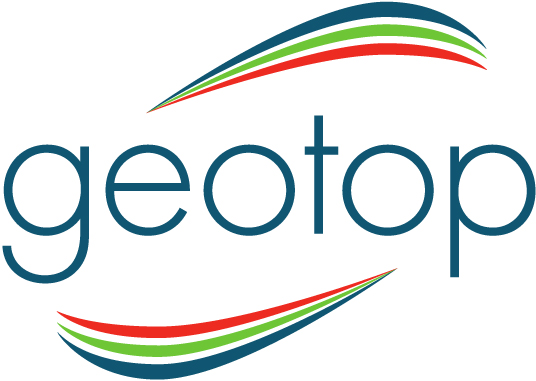Tél. : 514-987-3000 poste 4739
Fax : 514-987-3635
Geotop-UQAM
201 Avenue Président-Kennedy, 7e étage
Montréal, QC H2X 3Y7 - Canada
The laboratory is open to researchers and students who wish to do micropaleontological analyses or to have them done. Researchers from Geotop have priority access. Collaborations are set up with researchers and students from other Canadian, European and American universities or governmental institutions.
The research topics addressed in the laboratory of marine micropaleontology and palynology are diversified. They mainly relate to changes in climate, ocean and coastal environment according to time scales of millions of years to the current. The work is made from sediment cores and micropaleontological tracers are especially dinoflagellate cysts, pollen and spores, and foraminifera. Other micropaléonotologiques tracers (diatoms, coccoliths) can be used depending on the problem being addressed. Quantitative approaches are preferred not only for calculating the concentrations and flows but also for the analysis of assemblies and their relationship with the environment. The research activities of the laboratory include the development of databases and transfer functions for quantitative reconstructions of environmental parameters.
One of the main tasks of the laboratory is to train students of all levels micropaléontologie, the laboratory regularly hosts students of the college community as well as students from Europe and the Americas.
Laboratory activities include the management and archiving of sediment collected by Geotop researchers, sub-sampling, sediment treatment, sorting of foraminifera for isotopic analysis, the microfaunistiques analysis, pollen analysis, management bases and paleoceanographic hydrographic data, and the data processing for the quantitative recovery of sea surface conditions.
The micropalaeontological and marine palynology laboratory has room for sample preparation by mechanical or chemical treatments. Binocular loupes and microscopes of high optical resolution (magnification up to x 1250) are used for the observations and analysis of microfossil populations. The laboratory is also equipped for detection of digital microscope images. Bases hydrographic and micropaleontological data are compiled for digital processing for quantitative trace the paleoclimatic and paleoceanographic conditions. Access to the scanning electron microscope LAMIC refines observations and descriptions of objects microfossils. It is also in this laboratory are sorted under a binocular microscope, the carbonate tests of foraminifera that are the subject of isotopic analyzes (18O and 13C) and radio time (14C).
Dry laboratories
| Equipment | Description |
| Leica Orthoplan microscope | Transmitted light optical microscope equipped with an interferential contrast and fluorescence system. |
| Leica Diaplan microscope with discussion bridge | Transmitted light optical microscope allowing observations by two users simultaneously. |
| Leica Aristoplan microscope | Transmitted light optical microscope equipped with a phase contrast system. |
| Leica Laborlux portable microscope | Transmitted light optical microscope for field analyses. |
| Zeiss jenapol u-pol microscope | Transmitted or reflected light microscope allowing analyses in polarized light and in phase contrast. Its is equipped with a rotating stage. |
| Leica DM IL inverted microscope | Transmitted light inverted microscope for microfossil picking pour le tri des microfossiles en milieu humide dans des plaques à puits. |
| Leica DM R microscope | Transmitted light optical microscope equipped with an interferential contrast and fluorescence system and a digital stage. |
| Binocular microscopes: Stereozoom Leica Wild M3Z, Leica Wild M8, Leica Wild M5, Leica Wild M5A, Leica Wild M16Z, | Microscopes for observing and picking objects bigger than 50 µm (mostly benthic and planctonic foraminifera). |
| Leica DFC490 8Mpixels digital camera | Camera that can be mounted on a trinocular tube for digital image capture. |
Wet laboratories
Preparation rooms equipped with acid fume hoods (for HF treatments), centrifuges (3000 rpm), and material for sample treatment and slide mounting.
| Analysis type | Sample type (water, sediment, etc.) |
| Palynological analysis (dinocysts, pollen, spores and other palynomorphes) | Marine or continental sediment |
| Foraminifera or other microfossil analyses and picking | Marine or continental sediment |
Pricing for standard samples (pelagic mud, gyttja, peat)
| Internal | External | |
| Preparation | $ 50.00 | $ 70.00 |
| Analysis | $ 150.00 | $ 230.00 |
| Total | $ 200.00 | $ 300.00 |
For any other type of sample, please contact us

